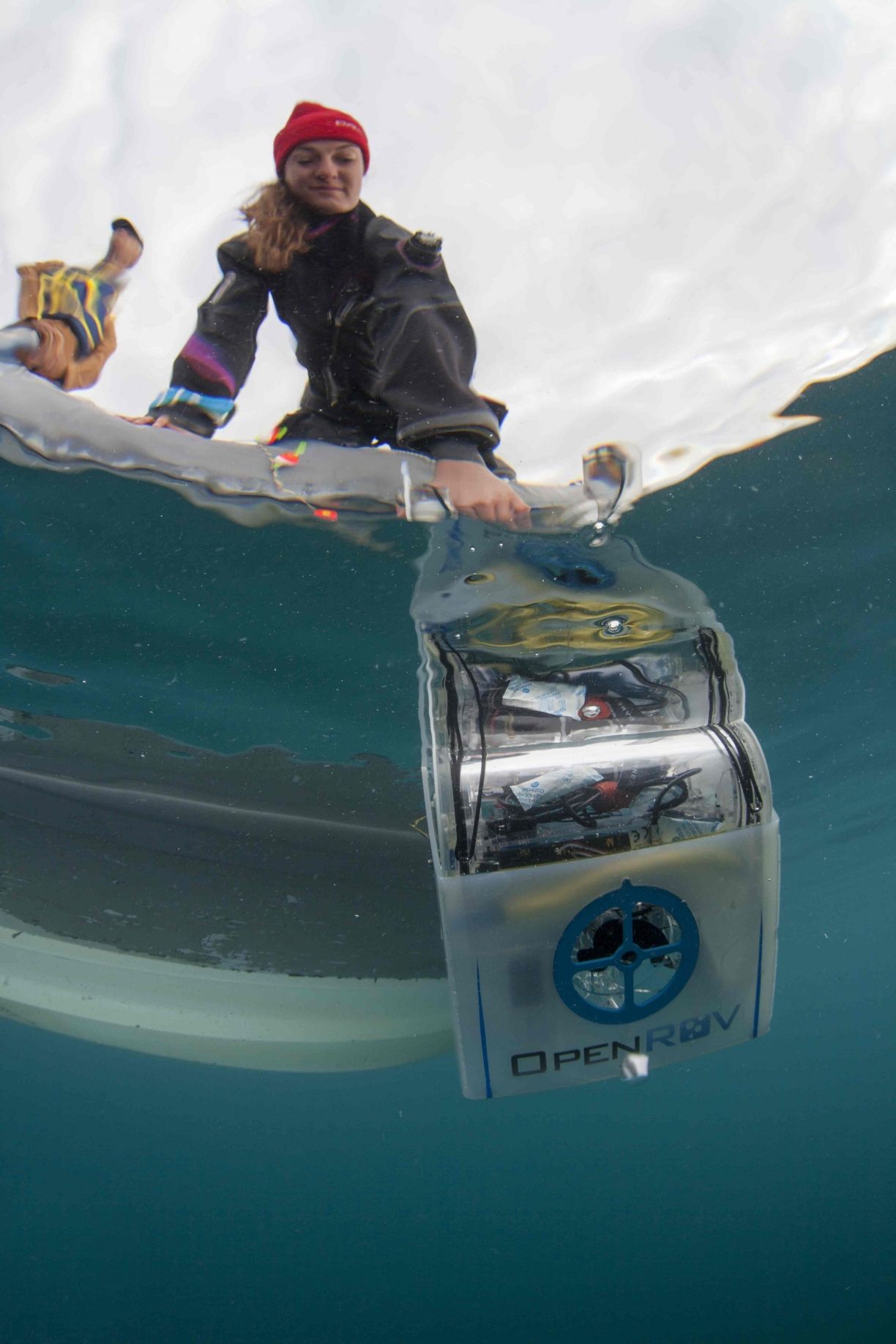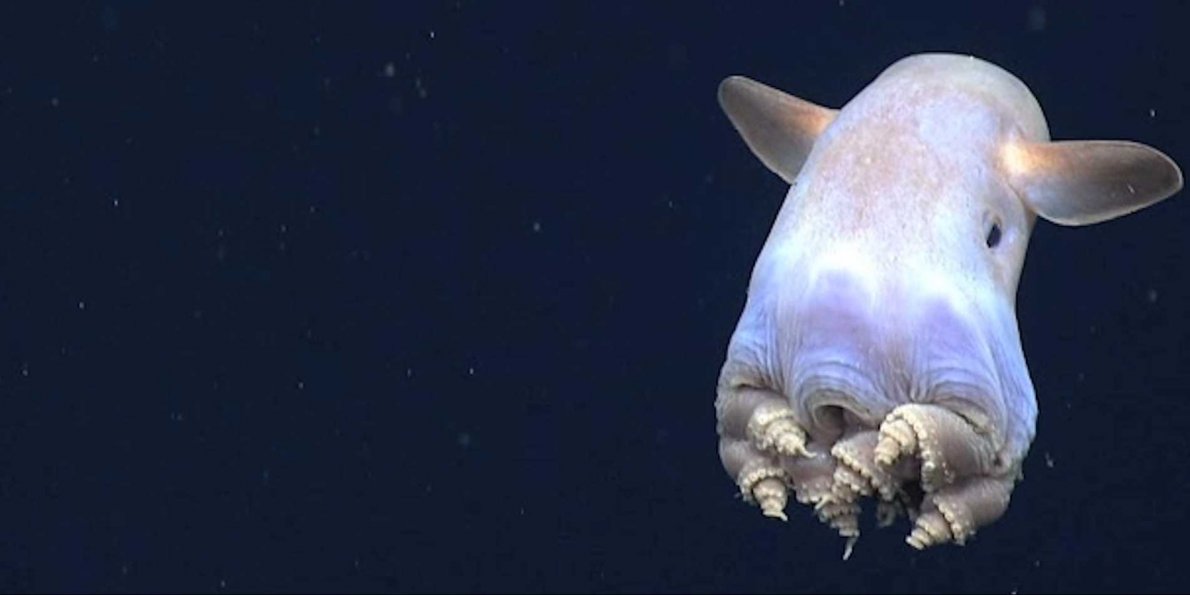The Legends of Learning marketing team attended the North Carolina Science Teachers Association (NCSTA) PDI conference and the New Jersey Science Convention in the past two weeks. Both conferences featured outstanding keynotes on underwater exploration; National Geographic’s Erika Bergman discussed becoming an aquanaut and Titanic Explorer David Gallo delved into the mysteries of the sea.
Girls and Robots

Image source: Open Explorer.
Bergman said her own excitement in undersea exploration directly stems from the sense of exploration that she gets. “You never know what you will find; lost airplanes, beautiful fish, new places. The questions is how do we teach the next generation to be excited, too?”
Then she discussed her experiences creating and running Global Engineering & Exploration Counselors’ (GEECs) Girls Underwater Robot Camp. Bergman said 12-13 year old girls get into engineering and building robots, and that they like the experience. They get really excited about exploring the ocean and bodies of water in their neighborhood. In one case, a group of girls discovered a new species.
It takes three days to build the robots. The girls are given marching orders, and then build out how they will approach the effort, from build and budget to storytelling and travel. Girls get a taste of engineering, too, and in most cases learn how to fix robots that don’t work. This is where they really learn the trials and rewards of engineering.
Erika Bergman said the lack of women in ocean engineering creates a less than friendly experience, which may be hampering STEM adoption by women. They have to share bathrooms and quarters, making privacy a scheduling imperative More girls in ocean science will create a better work environment.
Deep Sea – Deep Secrets: The Many Wonders of Neptune’s Realm
David Gallo started by lauding educators in the audience. He said the role of teachers, or science teachers in particular, is in incredible. “You are my heroes,” said David Gallo. “We need passion in science, and we need to let teachers teach so they have the passion to give.”
“The Earth is our home,” said David Gallo. “We will live here for generations (contrary to the opinions of Elon Musk). 70% of the earth is covered by water, and just a few percentage points of the ocean have been explored. That is my world. We’ve got mountains and rivers and waterfalls, The Denmark Straits has a huge waterfall. Everything is more exaggerated under water.”
David Gallo noted how the ocean impacts every aspect of life, food, air, and water. The world’s topography and climate are always changing, and invariable the ocean touches it all at some point. For example the Himalayas have seashells. Their are under water lakes in the sea that have flower garden banks.
The deep sea has incredible stories, too. How do we get the answers? “We keep increasing our science and technology so we can explore more,” said David Gallo. “We have great life under the sea, including pillars, crabs, clams, and many, many other species that live two miles under. That’s what I love about exploration, you never know what you will find and the science grows from there.”

Dumbo the Octopus is one of the new species that David Gallo has helped study.
David Gallo also showed the audience how technical evolutions have allowed teams to map the ocean floor and find every piece of existing Titanic wreckage. The same technology was used to locate Air France 447 under the sea.
The chemical impact on the undersea water world is notable, said David Gallo.”We’re doing in the ocean with carbonic acid issues, overfishing, plastics and other forms of pollution. I don’t have any easy answers for the pollution problems, but we’re not addressing it.”



